This book explores, in a systematic way, both conventional and unconventional material shaping processes with various modes of hybridization in relation to theory, modelling and industrial potential. The demand for high productivity and high accuracy in manufacturing is continuously increasing, based on improvement and optimization strategies. Hybridization of manufacturing processes will play a crucial role and will be of a key importance in achieving environmental and economical sustainability.
Structured in three parts, Hybrid Manufacturing Processes summarizes the state-of-the art hybrid manufacturing processes based on available literature sources and production reports. The book begins by providing information on the physical fundamentals of the removal and non-removal processes in macro-, micro and nanoscales. It then follows with an overview of the possible ways of hybridization and the effects on the enhancement of process performance, before concluding with a summary of production outputs related to surface integrity, specifically with respect to difficult-to-machine materials.
Considering the applications of different sources of hybridization including mechanical, thermal and chemical interactions or their combinations, this book will be of interest to a range of researchers and practicing engineers within the field of manufacturing.

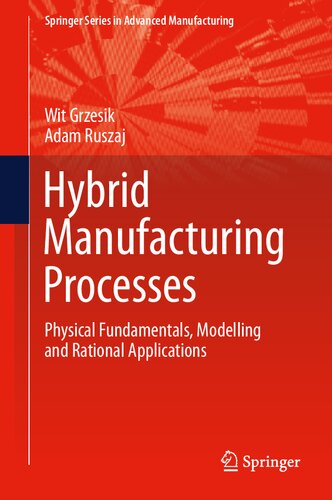
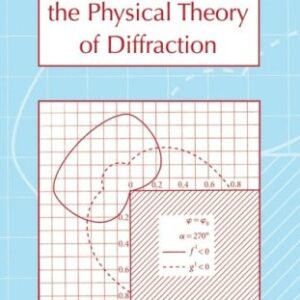
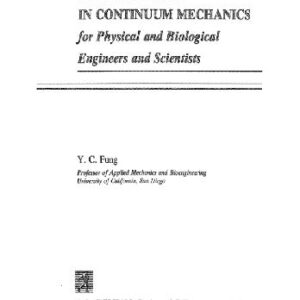
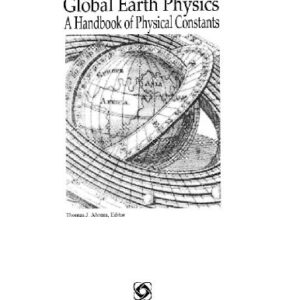
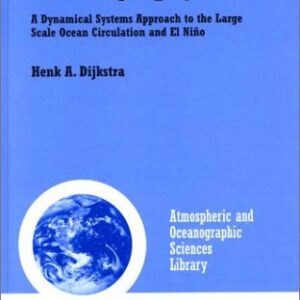
Reviews
There are no reviews yet.